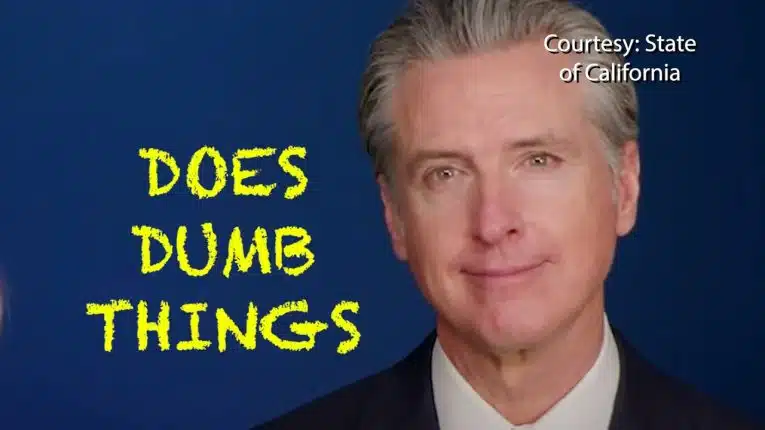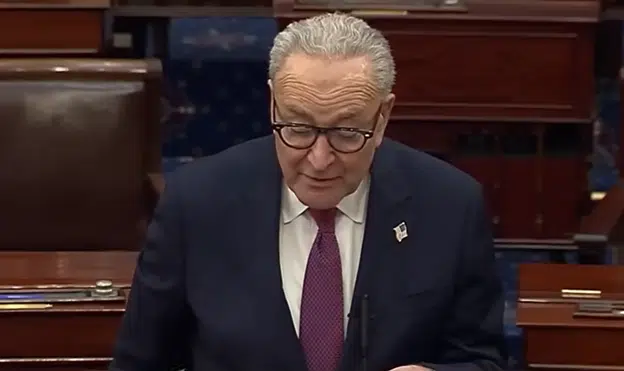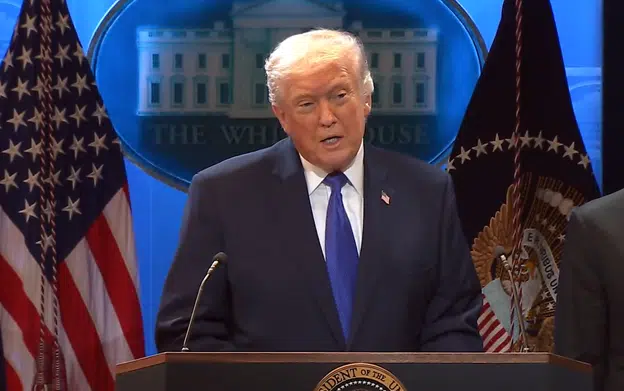By Adam Bitely –
As the Elena Kagan hearings open in the Senate, here is the opening statement made by Senator Jeff Sessions (R-AL), the ranking member on the Senate Judiciary Committee:
“Ms. Kagan, let me join Chairman Leahy in welcoming you here today.
This nomination is certainly a proud day for you, your family, and your friends—and rightfully so. I enjoyed very much our meeting a few weeks ago, and appreciated the chance to talk with you.
Mr. Chairman, thank you for your work on this nomination. As I have pledged, Republicans are committed to conducting this hearing in a thoughtful and respectful manner. It is not a coronation, but a confirmation. Serious and substantive questions will be asked. Ms. Kagan will be given ample opportunity to respond.
Ms. Kagan certainly has numerous talents and good qualities, but there are serious concerns about this nomination.
Ms. Kagan has less real legal experience of any nominee in at least fifty years. It’s not just that she has never been a judge.
She has barely practiced law, and not with the intensity and duration from which real understanding occurs.
Ms. Kagan has never tried a case before a jury.
She argued her first appellate case just nine months ago. While academia certainly has value, there is no substitute for being in the harness of the law, handling real cases over a period of years.
What Ms. Kagan’s public record does reveal, however, is a more extensive background in policy and politics, mixed with law.
Ms. Kagan’s college thesis on socialism in New York seems to bemoan socialism’s demise there.
In her master’s thesis, she affirmed the activist tendencies of the Earl Warren Court, but complained that they could have done a better job of justifying their activism.
President Obama’s nominee started her political career in earnest as a staffer on the presidential campaign of Michael Dukakis.
She took leave from teaching at law school to work for this committee under then-Chairman Joe Biden to help secure the confirmation of Ruth Bader Ginsburg—a former chief counsel for the ACLU and now one of the most activist justices on the Supreme Court.
Professor Kagan left teaching law to spend five years at the center of politics, working in the Clinton White House, doing—as she describes it—“mostly policy work.”
Policy is quite different than the intense legal work involved, for example, in the Office of Legal Counsel and other divisions of the Department of Justice.
During her White House years, the nominee was the central figure in the Clinton-Gore effort to restrict gun rights—and, as the dramatic 5-4 decision today in McDonald shows, the personal right of every American to own a gun hangs by a single vote.
Ms. Kagan was also the point person for the Clinton Administration’s efforts to block Congressional restrictions on partial-birth abortions.
Indeed, documents show she was perhaps the key person who convinced President Clinton to change his mind, from supporting to opposing legislation that would have banned that horrible procedure.
During her time as Dean of Harvard, Ms. Kagan reversed Harvard’s existing policy and kicked the military out of the recruiting office in violation of federal law. Her actions punished the military and demeaned our soldiers as they were courageously fighting two wars overseas.
As someone who feels the burden of sending such young men and women into harm’s way—and who spent much time drafting and redrafting legislation to ensure military recruiters were treated fairly on campus—I can never take this issue lightly.
Dean Kagan also joined with three other law school deans to write a letter in opposition to Senator Graham’s legislation establishing procedures for determining who was an “enemy combatant” in the War on Terror. She compared this legislation to the “fundamentally lawless” actions of “dictatorships.”
Most recently, the nominee served as Solicitor General for a little over a year.
But, her short tenure has not been without controversy.
In her first appellate argument, Ms. Kagan told the Court that the speech and press guarantees in the First Amendment would allow the federal government to ban the publication of pamphlets discussing political issues before an election.
I would remind my colleagues that the American Revolution was—in no small part—spurred on by just such a political pamphlet, Thomas Paine’s “Common Sense.” To suggest that the government now has the power to suppress that kind of speech is breathtaking.
Also as Solicitor General, Ms. Kagan approved the filing of a brief before the Supreme Court asking that it strike down provisions of the Legal Arizona Worker’s Act, which suspends or revokes business licenses of corporations which knowingly hiring illegal immigrants, even though Federal law expressly prohibits such hiring.
She did this even after the liberal 9th Circuit had upheld the law.
This is an important legal issue that the Court will resolve during its next term.
And, despite promises to this committee that she would “vigorously” defend the Congress’ “Don’t Ask, Don’t Tell” law if it were challenged in court, the actions she has taken as Solicitor General appear to have deliberately and unnecessarily put that law in jeopardy.
Importantly, throughout her career, Ms. Kagan has associated herself with well-known activist judges who use their power to redefine the meaning of the words of our Constitution and laws in ways that, not surprisingly, have the result of advancing the judge’s preferred social policies for the country.
She clerked for Judge Mikva and Justice Marshall, each a well-known liberal activist judge. And she has called Israeli Judge Aharon Barak—who has been described as the most activist judge in the world—her hero.
These judges don’t deny activism; they advocate it. And they openly oppose the idea of a judge as a neutral umpire.
Few would dispute that this record tells us much about the nominee. In many respects, Ms. Kagan’s career has been consumed more by politics than law. This worries many Americans.
In the wake of one of the largest expansions of government power in history, many Americans are worried about Washington’s disregard for limits on its power.
Americans know that our exceptional Constitution was written to ensure that our federal government is one of limited, separated powers, and part of a federal-state system, with individual rights reserved to our free people.
But we’ve watched as the president and Congress have purchased ownership shares in banks, nationalized car companies, seized control of the student loan industry, taken over large sectors of our nation’s health care system, and burdened generations of Americans with crippling debt.
This all sounds a lot like the progressive philosophy, which became fashionable among elite intellectuals a century ago—and which is now seeing a revival.
They saw the Constitution as an outdated impediment to their expansive vision for a new social and political order in America.
Even today, President Obama advocates a judicial philosophy that calls on judges to base their decisions on empathy and their “broader vision of what America should be.” He suggests that his nominee shares that view.
Our legal system does not allow such an approach.
Americans want a judge that will be a check on government overreach, not a rubber stamp.
No individual—nominated by a president of either party—should be confirmed as a judge if he or she does not understand that the judge’s role is to fairly settle disputes of law, and not to set policy for the nation.
Broad affirmations of “fidelity to the law” during these hearings will not settle the question. One’s record also speaks loudly. Indeed, it is easy to pledge fidelity to a law when you believe you can change its meaning later if you become a judge.
Ms. Kagan has called previous confirmation hearings “vapid” and “hollow,” and has argued that nominees for a lifetime position owe a greater degree of candor and openness to the committee.
I agree that candor is needed, and I look forward to that kind of exchange this week.”







